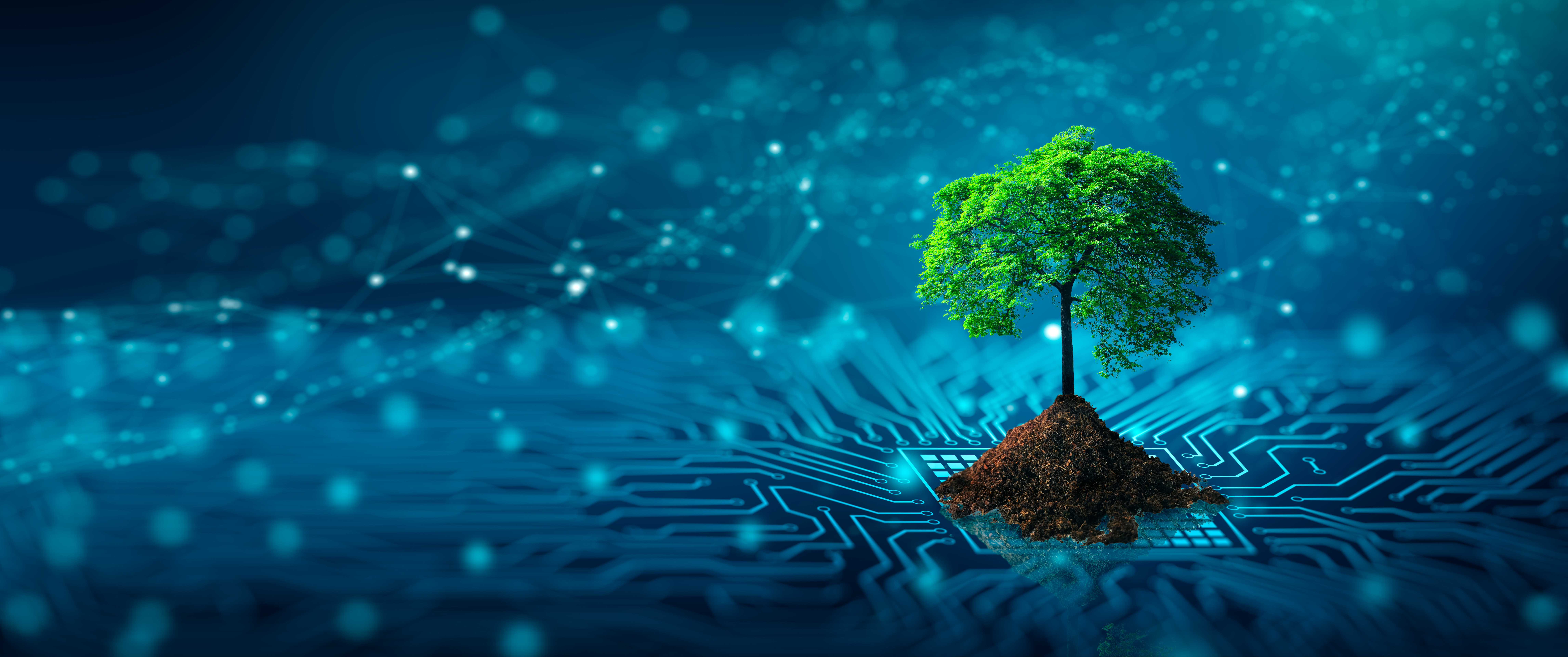Conférence
Tuesday, June 7 from 5pm to 7pm
Salle Dussane, Ecole normale supérieure, 45 rue d’Ulm, 75005 Paris.
Free admission, no registration. Held in French.
Although the computerization of society is a source of progress, it also bears a considerable impact on our natural ecosystem. The raw materials required for computer hardware are becoming scarce. Both the digital production and distribution chains are polluting. Additionally, the intensification of the use of electronic devices generates an increase in energy consumption.
Nevertheless, AI confers undeniable economic and strategic advantages to those who master it. Hence, the technological competition is fierce: the race for overpowering computational models takes precedence over methods of evaluation and ecological control of the digital. However, the hope remains that beyond the problems it can pose, AI could also play a role in addressing the climate emergency. Today, the challenge lies in the responsible implementation of our knowledge and our techniques in the service of society.
How to agree on a fair balance between technology and nature?
We will have the pleasure of welcoming three speakers from complementary backgrounds to try to answer this question: Anne-Laure Ligozat (HDR lecturer in computer science at LISN and ENSIIE, GDS EcoInfo) for the academic research section, Marc Leobet (AI and Ecological Transition Project Director, Ministry of Ecological Transition) for the public policy section, and Pierre Arbelet (Tech Lead, Genesis) for the industrial section.
The conference is aimed at a wide audience (researchers, students, professionals, general public) and aims to be a place of information, exchange and collective debate on a subject that concerns society as a whole.
Programme
17h-17h40 : Anne Laure Ligozat (LISN, ENSIIE, GDS EcoInfo) : « How to estimate the environmental impacts of AI? »
Abstract : Recent years have seen the emergence of studies showing that deep learning methods have an energy consumption that can be very substantial. In addition, knowledge of the entire life cycle of the digital equipment used is still incomplete, which makes the assessment of the environmental impacts of AI programs complex to implement. I will present the state of knowledge and work on the carbon and more generally environmental footprint of AI programs.
17h40-18h20 : Marc Leobet (Ministère de la Transition Ecologique) : « Environmental impact of AI and ecological transition »
Abstract : For several years now, the environmental impact of digital technology, and therefore of AI, has been the subject of much attention and even more discussion. The absence of measures upstream of the proposed models is a problem for decision-making at national, European and international levels. The intervention will be an opportunity to take stock of the subject from the point of view of the Ministry of Ecological Transition.
18h20-19h : Pierre Arbelet (Genesis) : « CSR reporting: prediction to improve action»
Abstract : Genesis is an environmental impact reporting agency for bio-based companies: it provides companies with a platform to assess, report and improve their environmental impact based on tangible evidence provided by real measurements of health indicators soils. These real measurements obtained by soil sampling in the field and laboratory analyzes constitute a unique reference of its kind. They are also expensive and require rapid scaling up. To meet this challenge, Genesis develops, in partnership with research and on the basis of its measurement framework, predictive models to estimate these indicators.
Some references
- Crawford, K., Joler, V., Anatomy of an AI System – The Amazon Echo as an anatomical map of human labor, data and planetary resources (2018). https://anatomyof.ai/
- Schwartz, R. Dodge, J., et al. "Green ai." arXiv preprint arXiv:1907.10597 (2019). https://doi.org/10.48550/arXiv.1907.10597
- Vinuesa, R., Azizpour, H., Leite, I. et al. The role of artificial intelligence in achieving the Sustainable Development Goals. Nat Commun 11, 233 (2020). https://doi.org/10.1038/s41467-019-14108-y
Organizers
Thierry Poibeau – LATTICE, CNRS & ENS-PSL – Chaire PR[AI]RIE
Aïda Elamrani – IJN, DEC, CNRS & ENS-PSL – Chargée d’études PR[AI]RIE
